

Improve your child's grades and confidence.
Better Curriculum. Better Results.
Scholars of Woodbridge
Readers Club
Grade 12 Core Literature List
The Grade 12 Reading List is a collection of literary masterpieces that delve into human psychology, philosophical questions, and societal constructs. These works offer readers thought-provoking themes, complex character studies, and a wide range of literary styles, providing a profound journey into classical and modern literature.
Encourage your child to read for 20-30 minutes each day and fill in their weekly reading logs, which can be redeemed for exciting rewards at the Motivation Station!

Our Curated Book List:
Frankenstein
By Mary Shelley
This pioneering work of science fiction follows Victor Frankenstein, who creates a living being that becomes both a reflection and a haunting consequence of his ambition. Shelley’s novel raises questions about scientific responsibility, human nature, and the ethics of creation.
Theme: Gothic Fiction, Science and Ethics
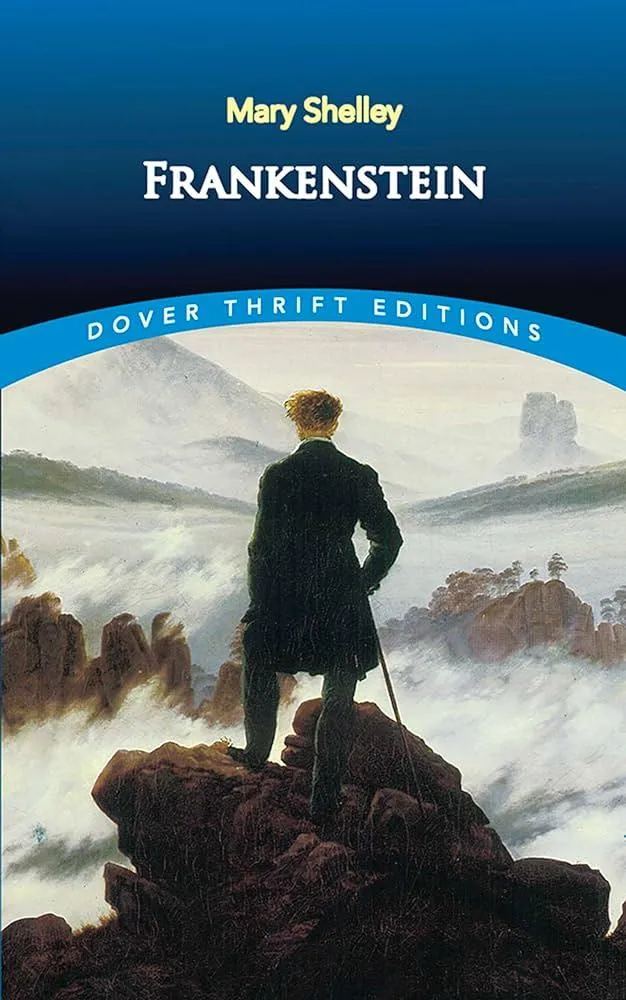
Hamlet
By William Shakespeare
Prince Hamlet struggles with grief and vengeance after his father’s death and his mother’s hasty remarriage. This tragedy explores complex themes of justice, betrayal, and existential dread, making it one of Shakespeare's most celebrated works.
Theme: Tragedy, Revenge, Madness
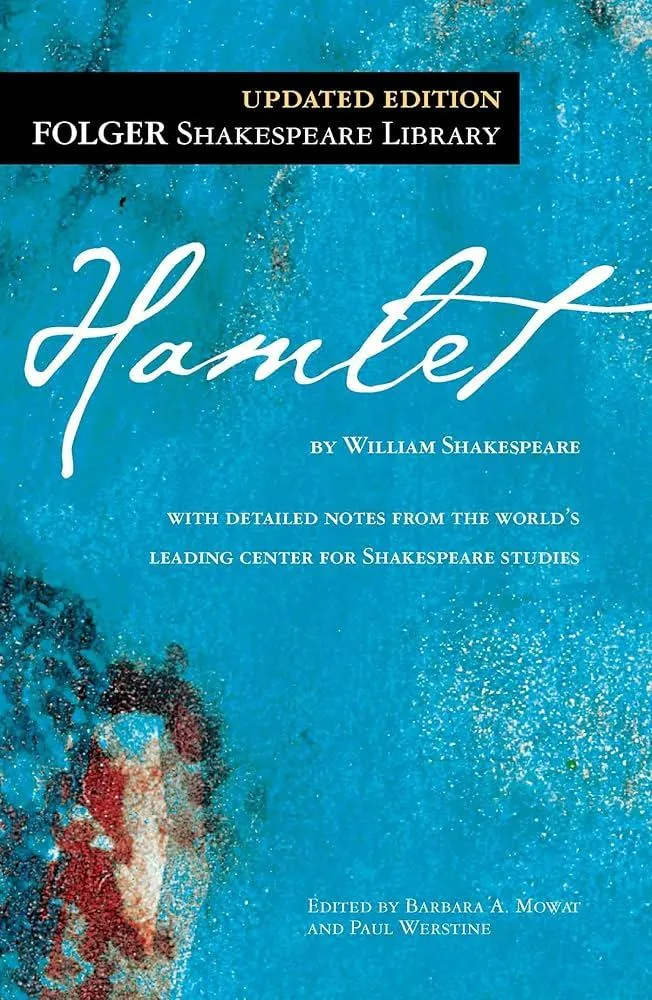
Macbeth
By William Shakespeare
Ambitious Macbeth is led down a dark path after a prophecy predicts he will be king. Shakespeare’s story of power, betrayal, and guilt highlights the dangerous consequences of unchecked ambition in a haunting, timeless way.
Theme: Tragedy, Ambition, Guilt
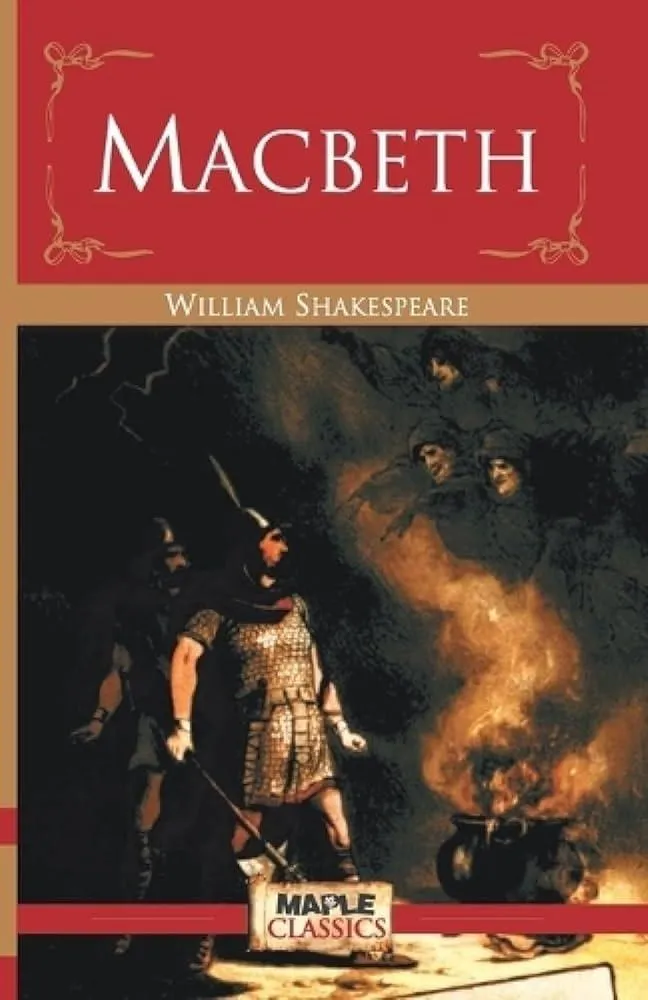
Wuthering Heights
By Emily Brontë
Set on the Yorkshire moors, this novel recounts the intense, often destructive relationship between Catherine Earnshaw and Heathcliff. Brontë’s work is a powerful study of love, jealousy, and vengeance, exploring the complexities of human emotion and the effects of generational trauma.
Theme: Romance, Revenge
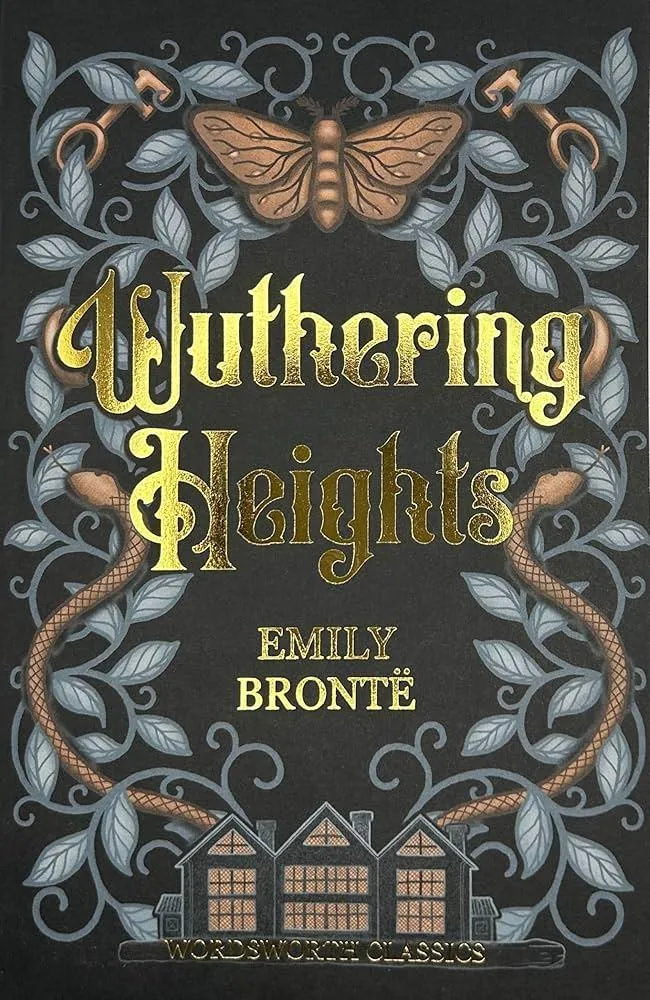
Crime and Punishment
By Fyodor Dostoevsky
In this classic Russian novel, Raskolnikov, a young law student, rationalizes murder in his quest to understand morality and justice. Dostoevsky’s exploration of guilt, redemption, and the human conscience delves deeply into the psychological impacts of crime and moral choice.
Theme: Psychological Fiction, Morality
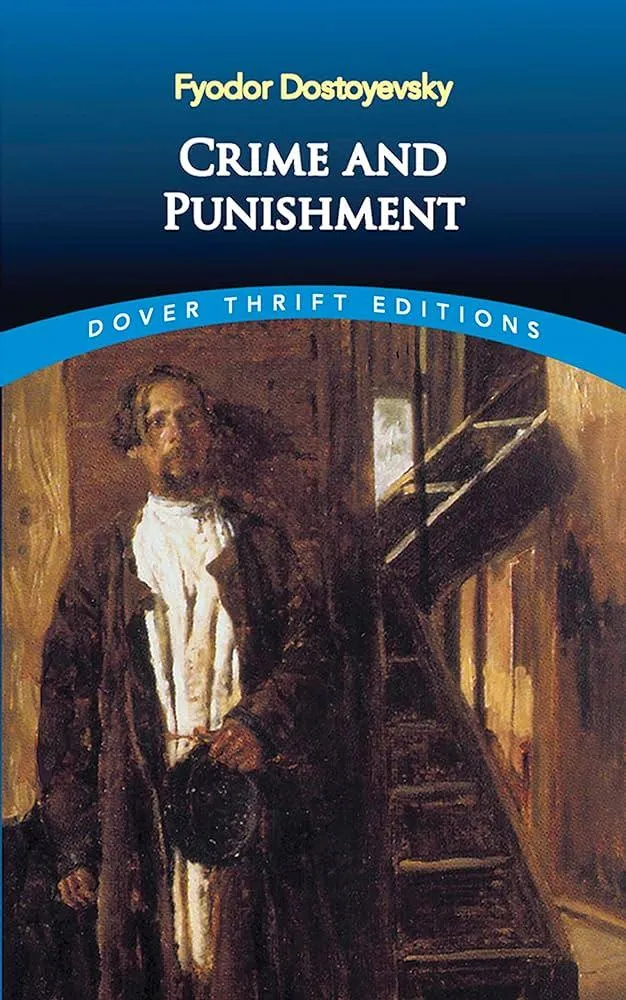
Oedipus Rex
By Sophocles
This Greek tragedy follows Oedipus as he uncovers the dark truth of his past, fulfilling a prophecy that he tried to escape. Sophocles’ work probes themes of fate, pride, and self-discovery, raising questions about destiny and human limitations.
Theme: Greek Tragedy, Fate
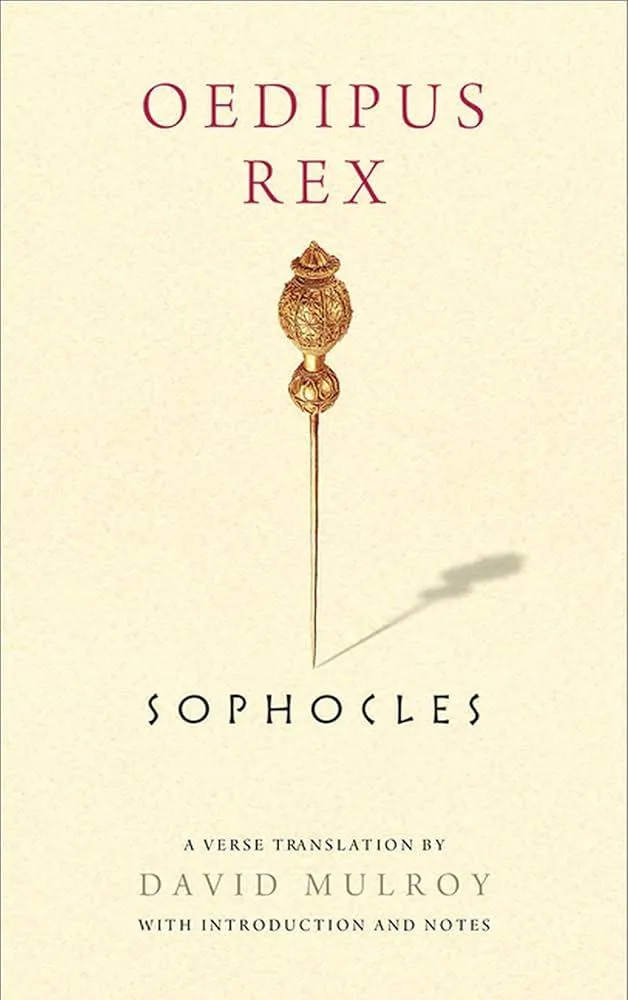
Pygmalion
By George Bernard Shaw
This witty play tells the story of Professor Henry Higgins, who transforms a working-class flower girl, Eliza Doolittle, into a refined lady. Shaw uses humor to explore themes of class, identity, and the influence of language and education on social status.
Theme: Social Commentary, Transformation
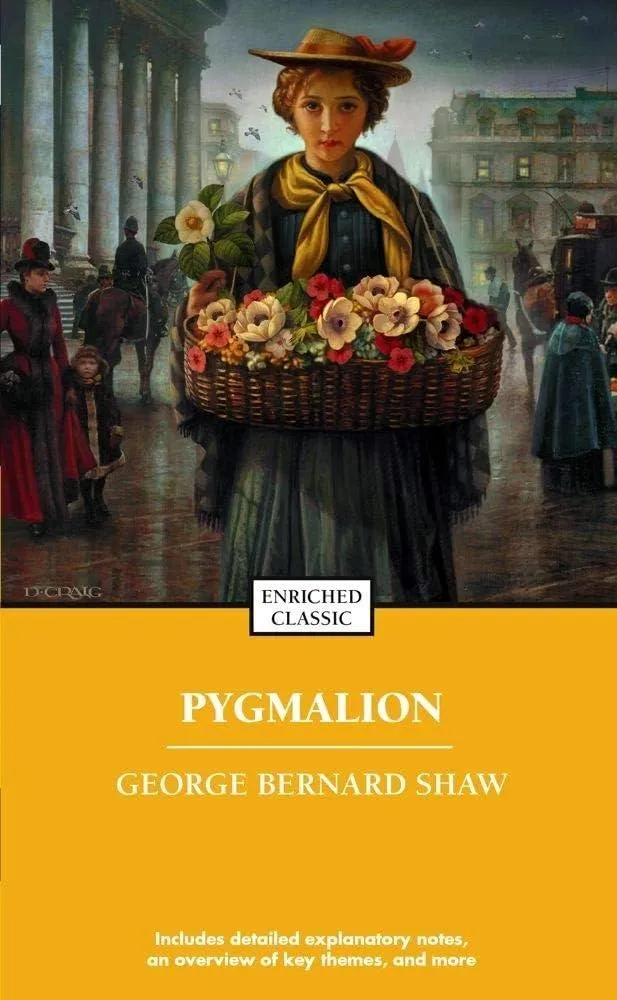
A Doll's House
By Henrik Ibsen
In this groundbreaking play, Nora Helmer’s journey of self-discovery and independence challenges traditional gender roles. Ibsen critiques societal expectations and highlights the conflicts between personal desire and societal pressure in a story that advocates for individual freedom.
Theme: Drama, Feminism
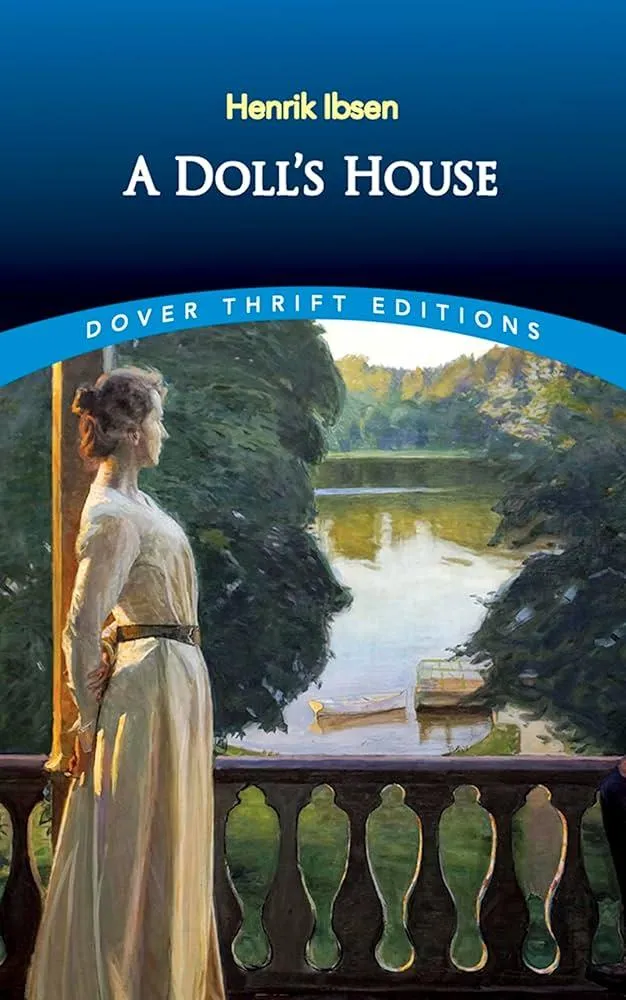
Metamorphosis
By Franz Kafka
Kafka’s novella tells the story of Gregor Samsa, who wakes up one day transformed into a giant insect. The novel explores themes of alienation, identity, and societal expectations, capturing the surreal and isolating experience of feeling out of place within one’s own life.
Theme: Existentialism, Alienation
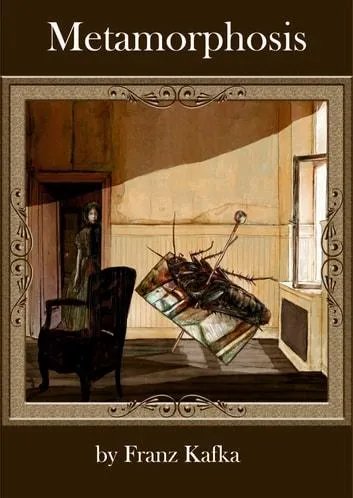
Rosencrantz and Guildenstern Are Dead
By Tom Stoppard
This existential comedy follows the misadventures of two minor characters from Hamlet as they grapple with fate, identity, and their roles within Shakespeare’s play. Stoppard’s work combines humor with profound questions about existence and free will.
Theme: Absurdist Comedy, Existentialism
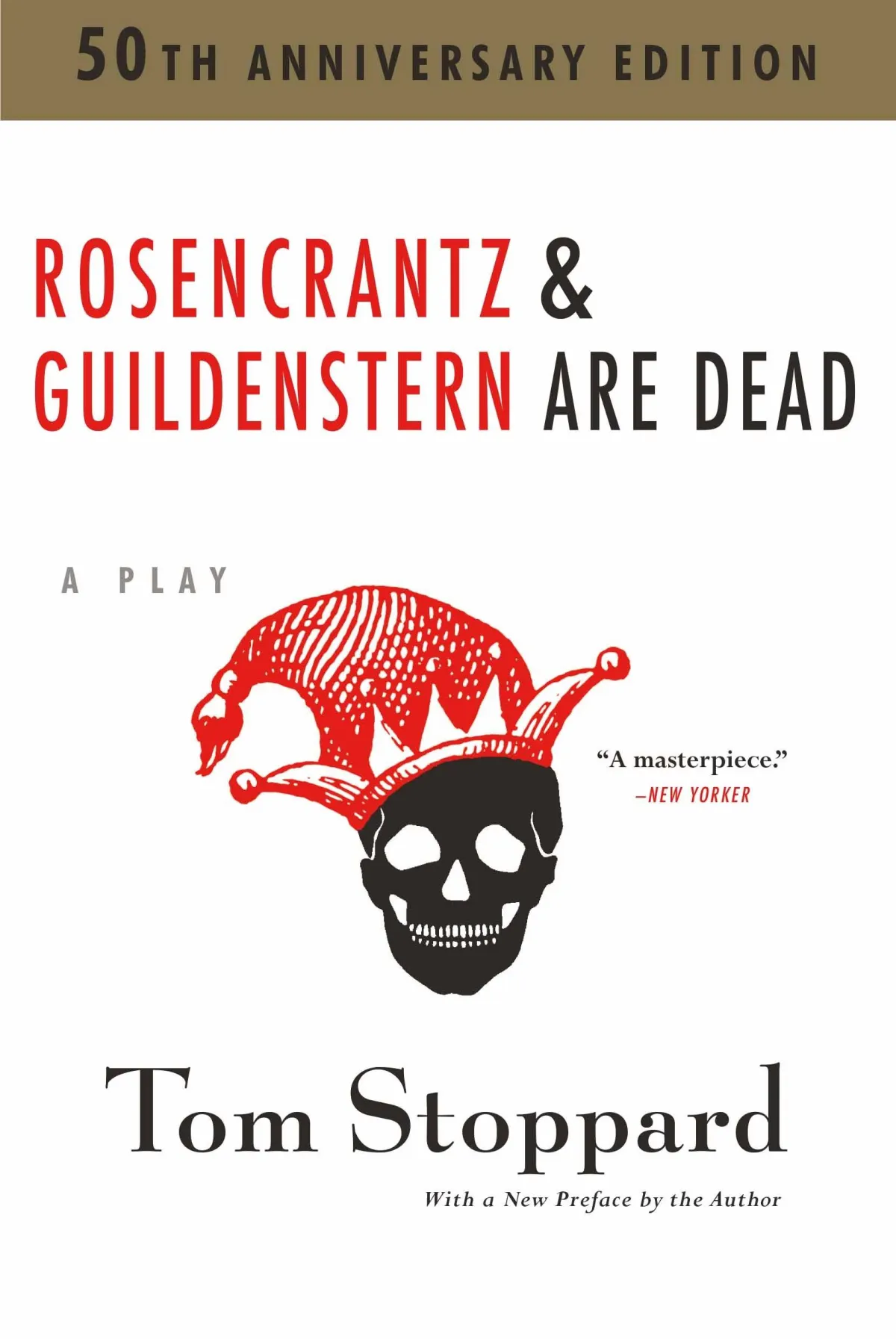
The Iliad
By Homer
Set during the Trojan War, this epic poem recounts the fierce battles, personal rivalries, and heroic feats of warriors like Achilles and Hector. Homer’s timeless work explores themes of honor, fate, and the brutality of war, providing insight into ancient Greek values.
Theme: Epic Poetry, War
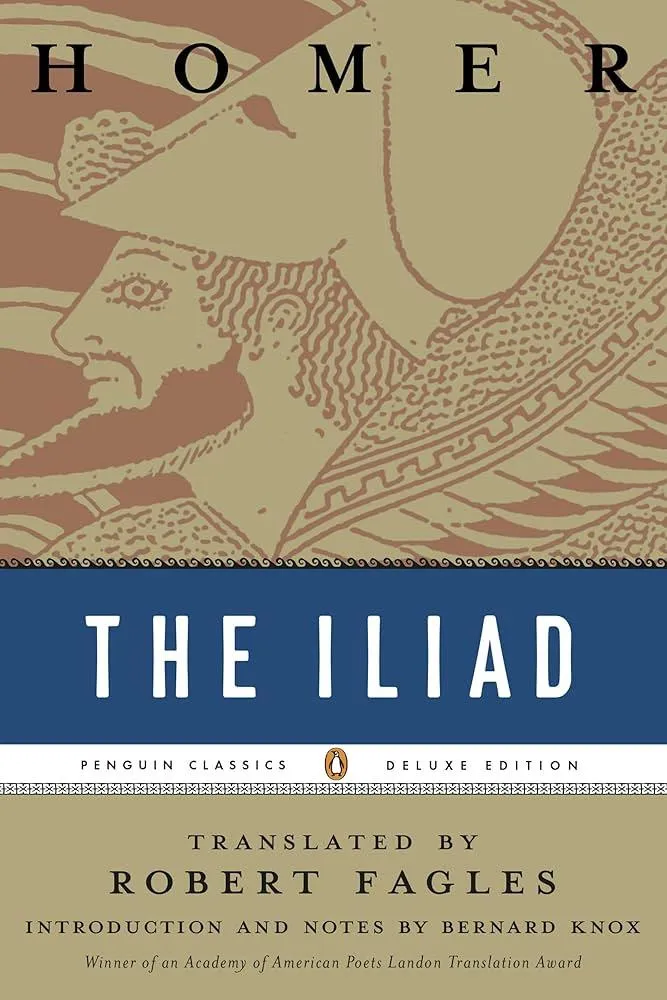
The Stranger
By Albert Camus
This novel follows Meursault, a French-Algerian man who lives an emotionally detached life and faces an absurd fate. Camus’ work is a foundational piece of existential literature, posing questions about life’s meaning, morality, and the indifference of the universe.
Theme: Existentialism, Absurdism
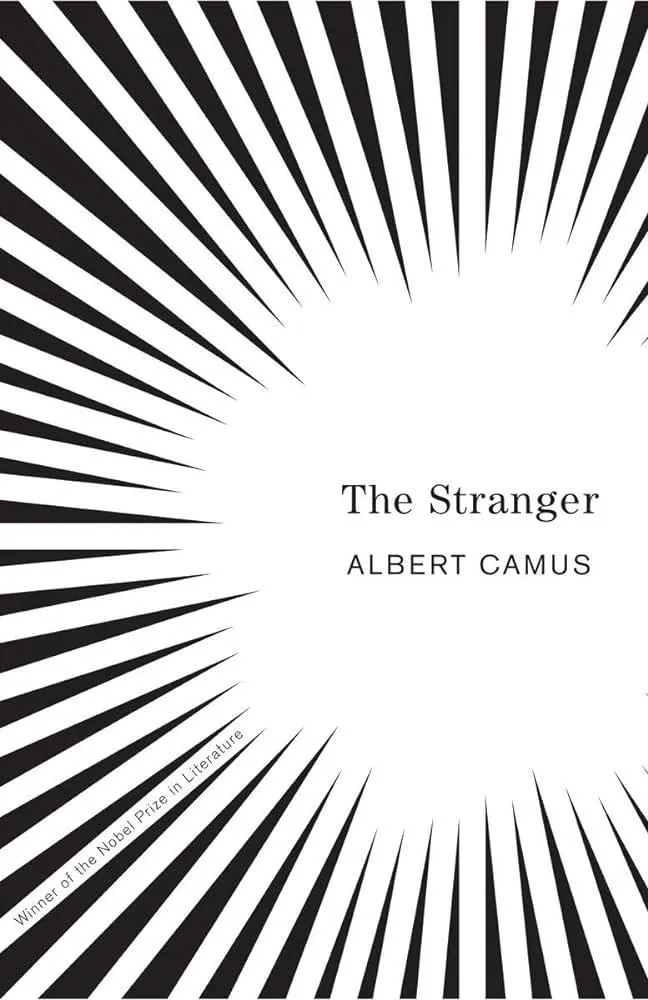
Mrs. Dalloway
By Virginia Woolf
Following one day in the life of Clarissa Dalloway, Woolf’s novel dives into the inner lives of its characters, exploring memory, mental health, and the flow of time. Through her stream-of-consciousness style, Woolf offers a profound reflection on identity and the complexities of human experience.
Theme: Modernism, Identity
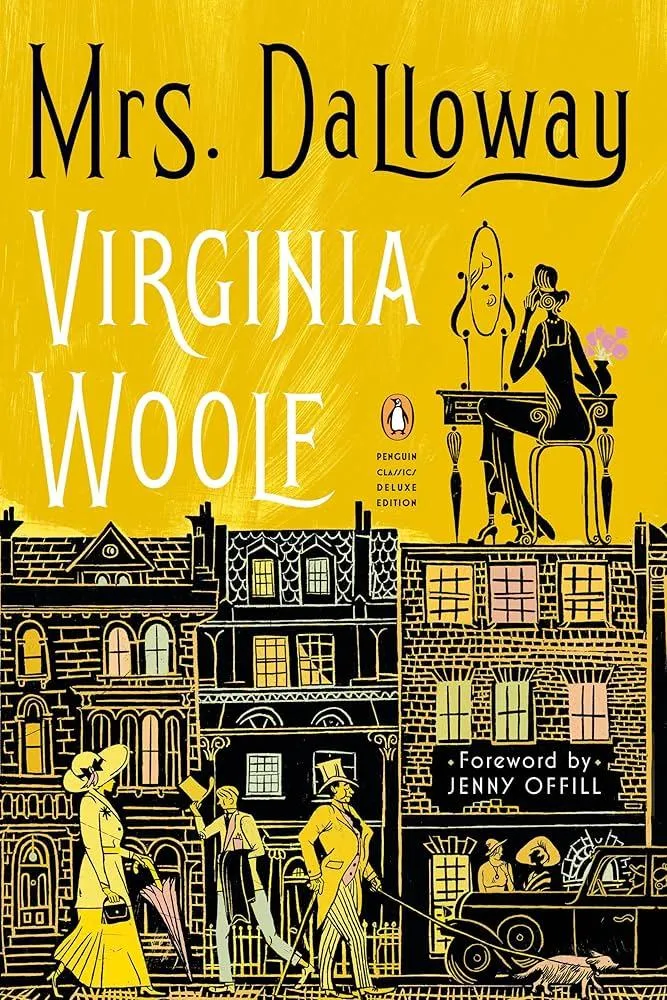
The Trial and Death of Socrates
By Plato
This classic philosophical work recounts Socrates’ defense against charges of impiety and corrupting the youth of Athens, leading to his execution. Plato’s dialogues explore themes of justice, morality, and the pursuit of truth, offering insight into ancient Greek philosophy.
Theme: Philosophy, Justice
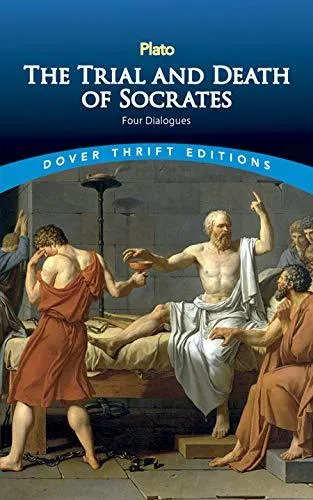
A Modest Proposal
By Jonathan Swift
In this satirical essay, Swift offers a shocking solution to the problem of poverty in Ireland. Through dark humor, Swift critiques society’s neglect of the poor, using irony to expose issues of class disparity and governmental indifference.
Theme: Satire, Social Critique
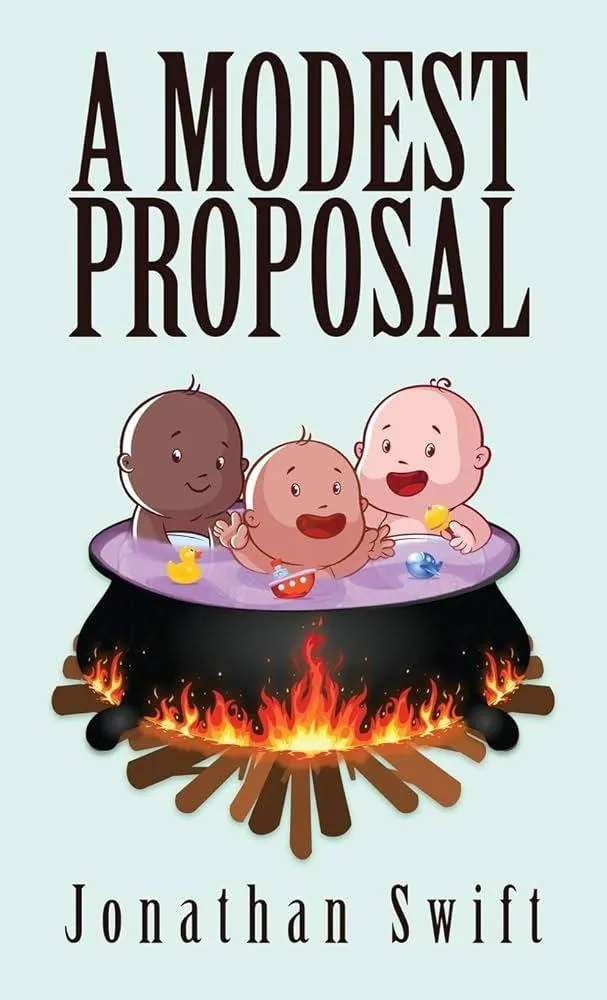
Candide
By Voltaire
Candide’s journey through a series of misfortunes serves as a satirical exploration of optimism, questioning the nature of human suffering and the philosophy that “all is for the best.” Voltaire’s humor critiques both societal ills and the philosophical perspectives of his time.
Theme: Satire, Philosophy
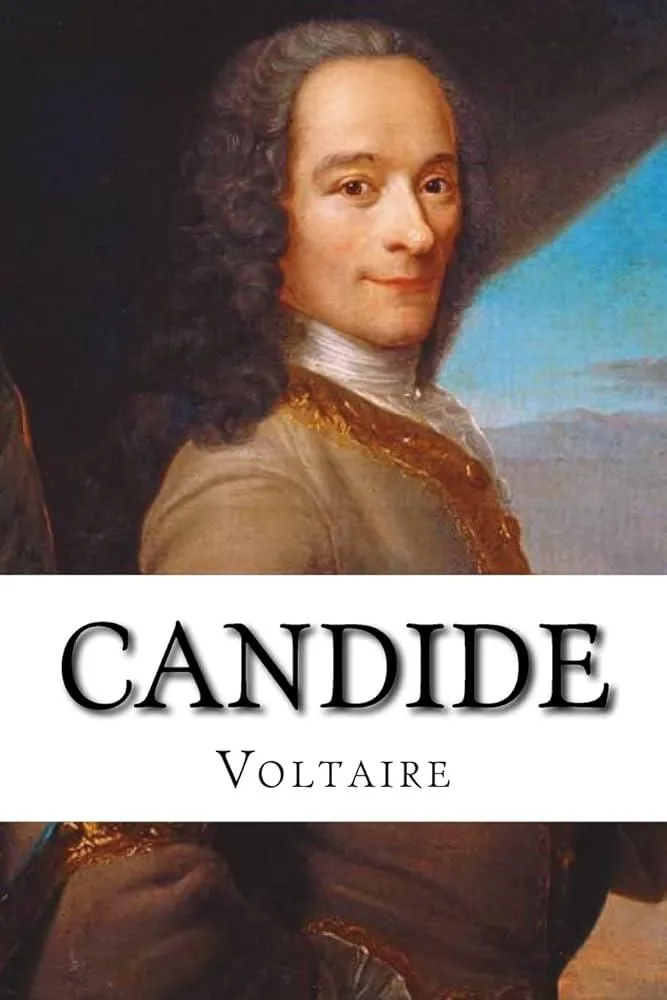
Cry, the Beloved Country
By Alan Paton
Set in apartheid-era South Africa, this novel follows the journey of Reverend Stephen Kumalo, who seeks to reunite his family amid social injustice. Paton’s work is a powerful critique of racial inequality, addressing themes of forgiveness, reconciliation, and hope for change.
Theme: Social Justice, Cultural Identity
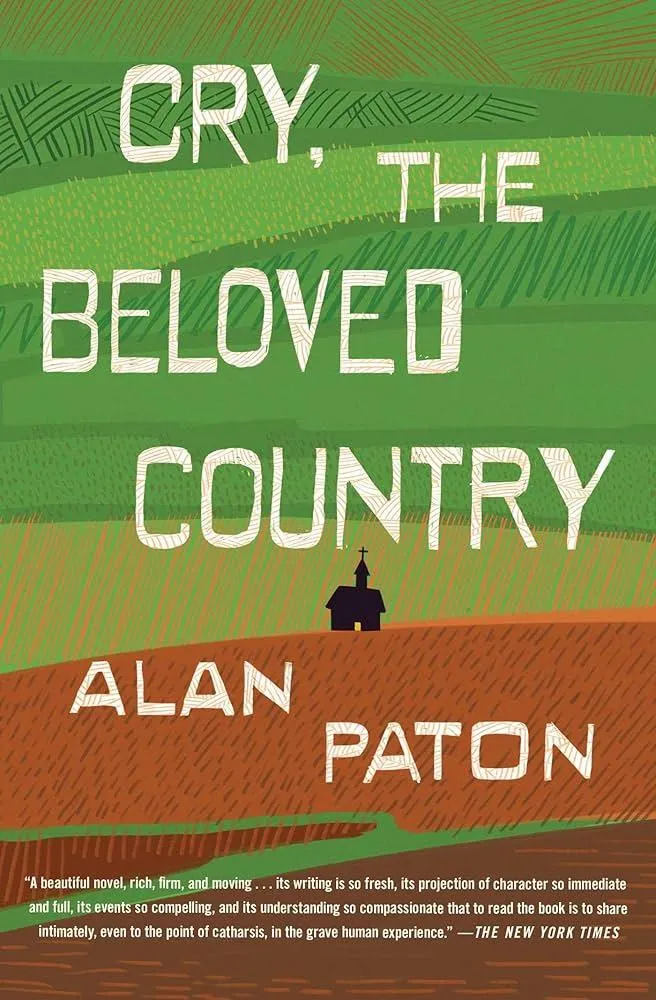
Tess of the d'Urbervilles
By Thomas Hardy
In this novel, Tess Durbeyfield’s life is marked by hardship, societal judgment, and tragedy. Hardy’s work challenges social conventions, exploring themes of morality, class, and the plight of women in a story that examines the consequences of societal prejudice.
Theme: Victorian Fiction, Social Critique
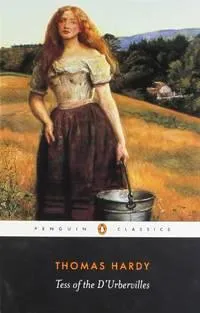
Graduation
By Maya Angelou
Angelou’s essay recounts her graduation day in the segregated South, capturing the pride, hopes, and racial discrimination of her community. This piece is a reflection on resilience, pride, and the importance of education in the face of adversity.
Theme: Memoir, Identity
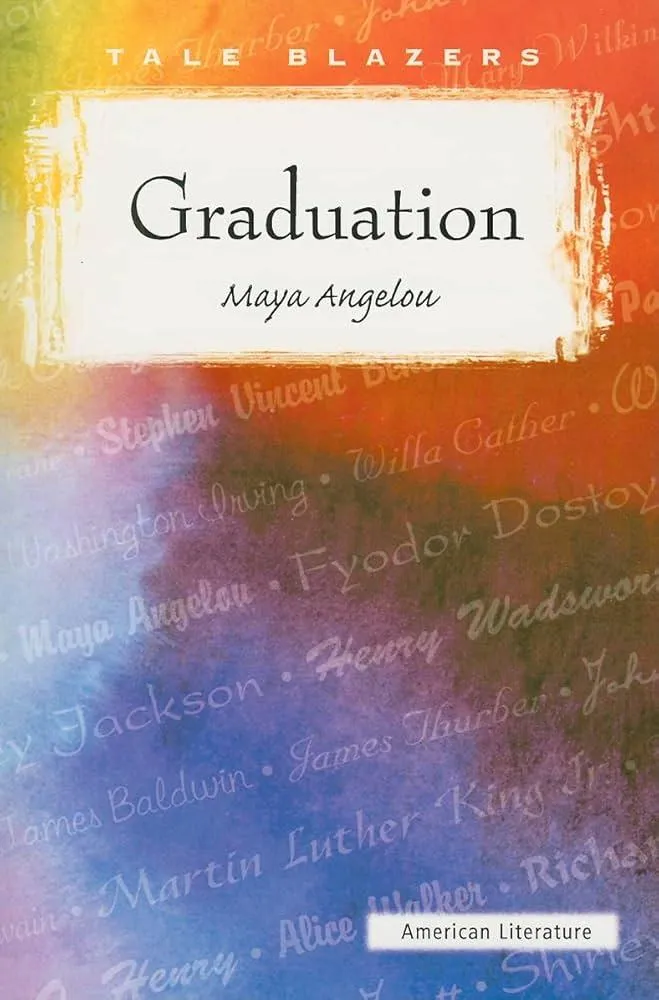
Shooting an Elephant
By George Orwell
Orwell’s essay recounts his experience as a British police officer in Burma, where he is pressured to shoot an elephant against his better judgment. This work explores themes of authority, guilt, and the impact of imperialism on both the oppressor and the oppressed.
Theme: Essay, Imperialism
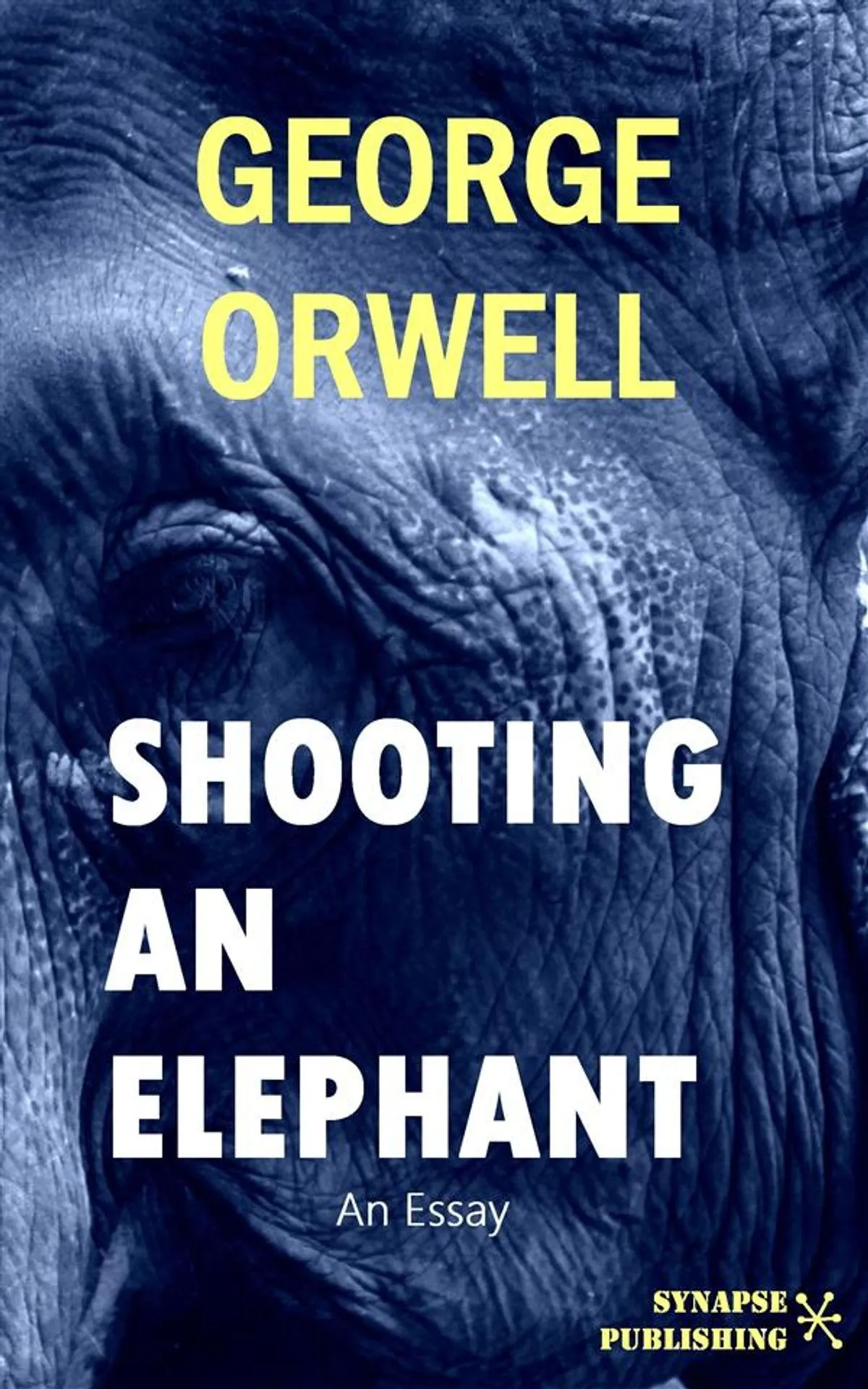
Hard Times
By Charles Dickens
Set in a fictional industrial town, this novel critiques the dehumanizing effects of industrialization and rigid education systems. Through his vivid characters and sharp satire, Dickens explores themes of class, morality, and compassion in the face of societal neglect.
Theme: Social Critique, Industrialization
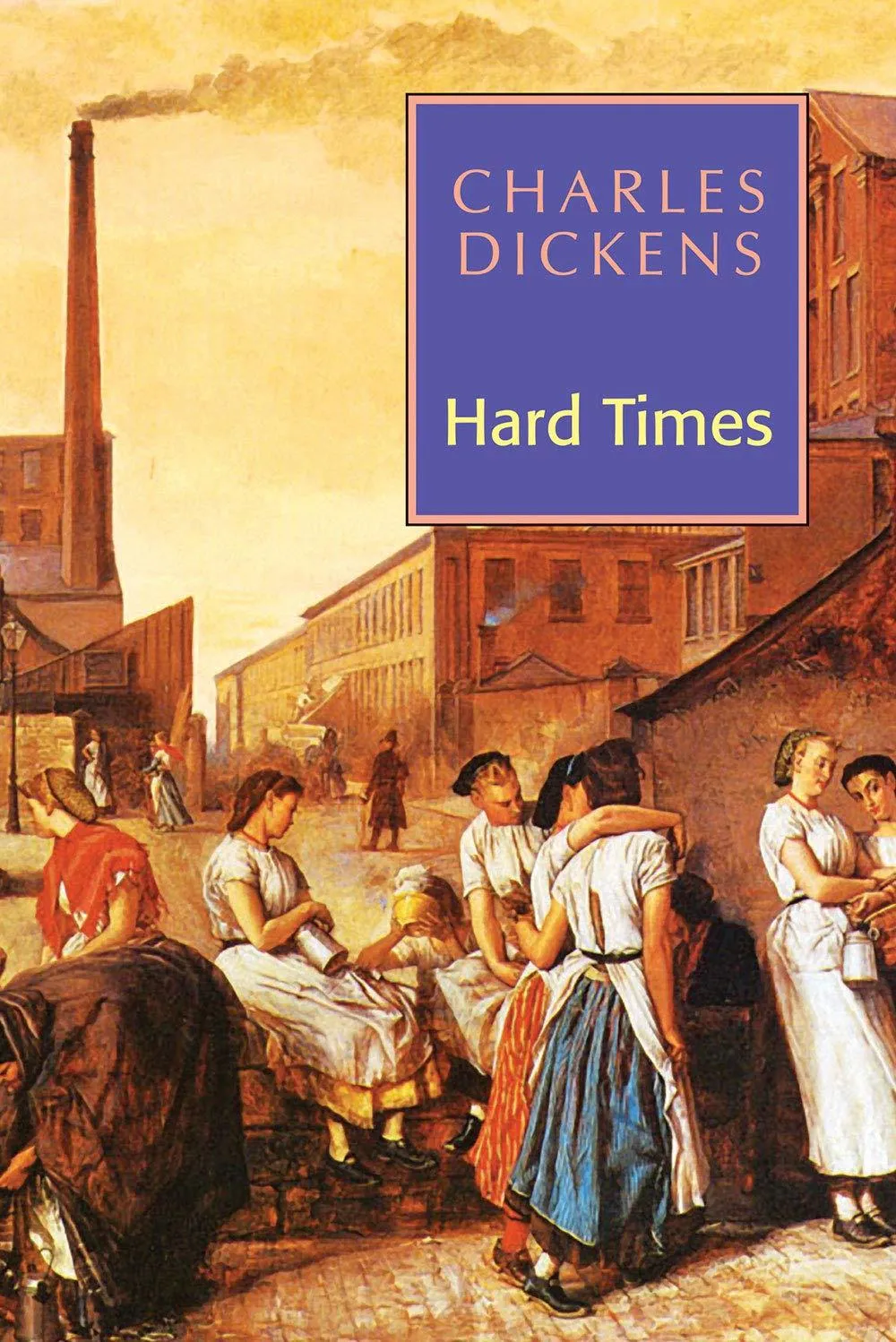

Hey Reading Rangers,
Remember to log your reading every day in your Weekly Reading Log. Once completed, get it signed by a parent and redeem your points at our Motivation Station for fun rewards! Happy reading!
READY TO GIVE US A TRY?
Connect With Us
Book a complimentary assessment for your child today! Help them thrive academically with personalized support tailored to their needs. Schedule your session and join us in fostering a community where learning and local businesses grow together. We look forward to achieving great things together!


